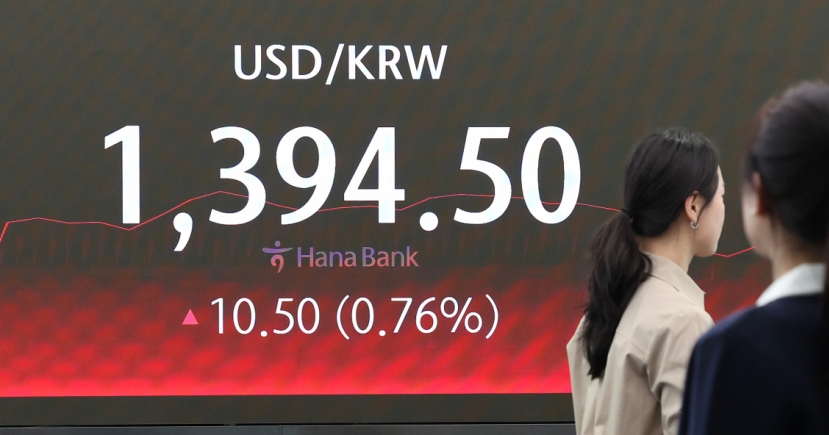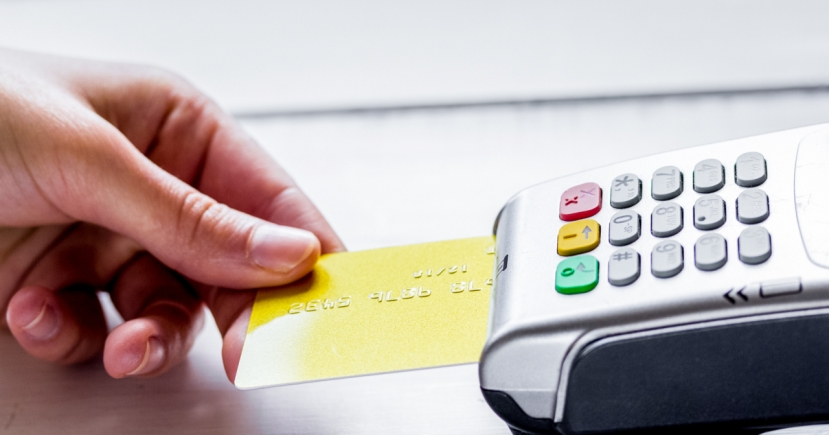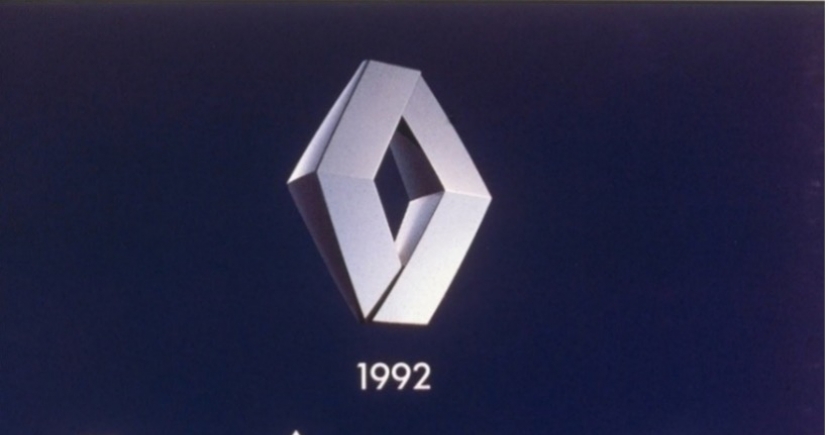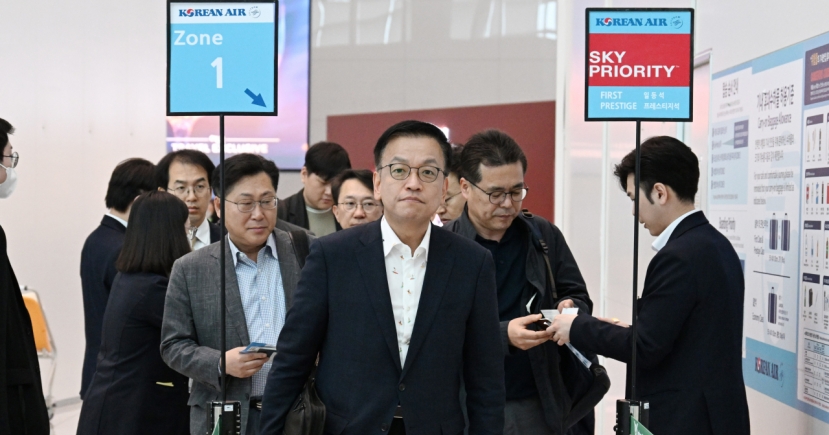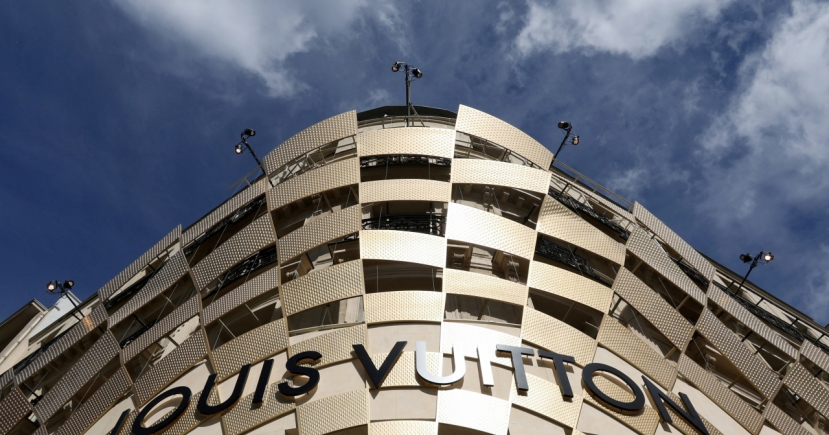[BEYOND BLOCKS] Decentralization to play crucial role in IoT era
[THE INVESTOR] David Seo, the CEO of Korean blockchain startup Yggdrash, has been an avid fan of decentralization since P2P file sharing services such as Napster and Soribada came in existence a couple of decades ago. Legal issues aside, he was fascinated by the idea that users could exchange music files with others without any interference.
More recently, blockchain is what has grabbed his attention as it allows easy and fast data exchange, even offering financial values with cryptocurrencies.
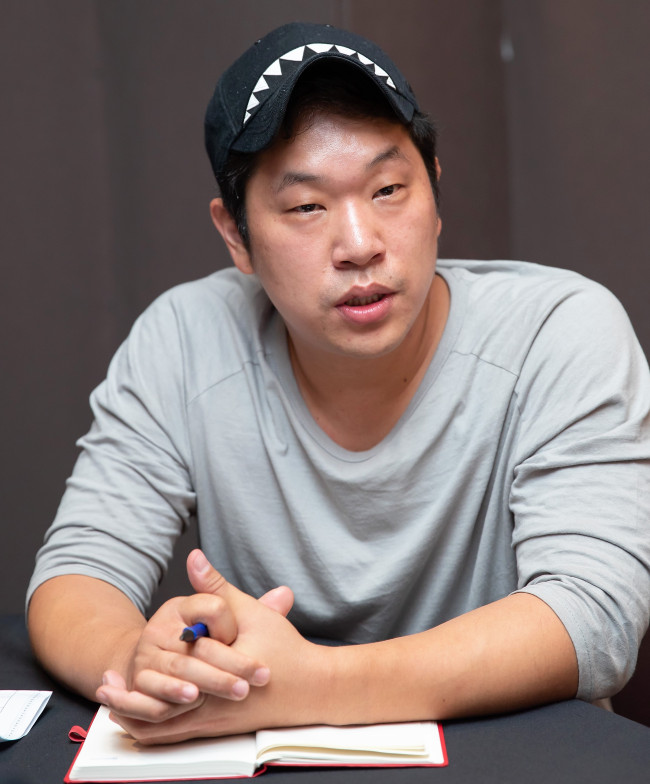 |
David Seo, the CEO of Yggdrash. |
“Blockchain is currently receiving most of the limelight, but decentralization is the core value behind the technology and will soon be widely accepted by the public,” Seo told The Investor in a recent interview.
“Especially in the looming Internet of Things era, the decentralized systems will play a more important role than now as data does not need to be gathered and managed in a centralized manner,” he added.
The biggest benefit of decentralization is efficiency. In almost every segment, there are middlemen to whom people and organizations pay commission fees. With the adoption of the blockchain system, there is no need for such middlemen as data is in the hands of users in real time and can be automatically transferred to others through smart contracts. You can, for instance, sign a contract on a blockchain-based real estate app to buy property without the help of a relator, since all documents and processes needed are already available in the app.
Once users experience the convenience and benefits of blockchain-based technology in person, the market for decentralized systems and services will exponentially grow, according to Seo.
For now, however, use cases are still limited due to technical limits.
“Augur, a decentralized prediction market protocol and one of the Ethereum-based killer apps, for example, is not really user friendly as it has poor UI/UX, and does not support image files on the platform,” he said.
His goal is to set up a blockchain platform where all types of applications, including those from the pre-blockchain era, can run without limitations.
Founded in October 2017, Yggdrash has been pouring its resources in developing the so-called third-generation blockchain protocol after the likes of Bitcoin and Ethereum. The earlier blockchain protocols have turned out to have some shortcomings for deployment in real life, such as relatively slow data transaction.
Yggdrash’s blockchain platform, planned to be rolled out in March next year, is expected to make up for those limitations.
Despite its decentralized nature, Yggdrash’s platform will be seamlessly compatible with the current internet protocols, such as TCP/IP, the CEO explained.
For instance, apps for car hailing and mobile payment can run on the company’s blockchain platform. Those who breach contracts on a certain service platform can get penalized as their reputation can be affected automatically by any irresponsible activity while compliance of the rules can lead to the elevated value of tokens users hold.
In a bid to tackle latency in handling a huge amount of data, the Yggdrash protocol will deploy a series of technologies, such as network sharding, which splits the entire network into partitions to process data faster and more efficiently.
From the beginning, the Seoul-headquartered startup has set its eyes on global markets.
To meet global standards in the initial coin offering market, the company completed three rounds of background checks -- know your customer and anti-money laundering processes -- on those who bought its coins with two global audit firms and one local firm.
Without any marketing, it attracted 10,000 Telegram subscribers worldwide, and 6,903 of them from 128 nations purchased Yggdrash’s tokens in an ICO in March.
Of the entire coin purchasers, Koreans account for only 4.7 percent, and the rest are from countries like Russia, Thailand, the UK and Australia. The company raised US$40 million within 20 hours in the ICO.
By Kim Young-won (wone0102@heraldcorp.com)


